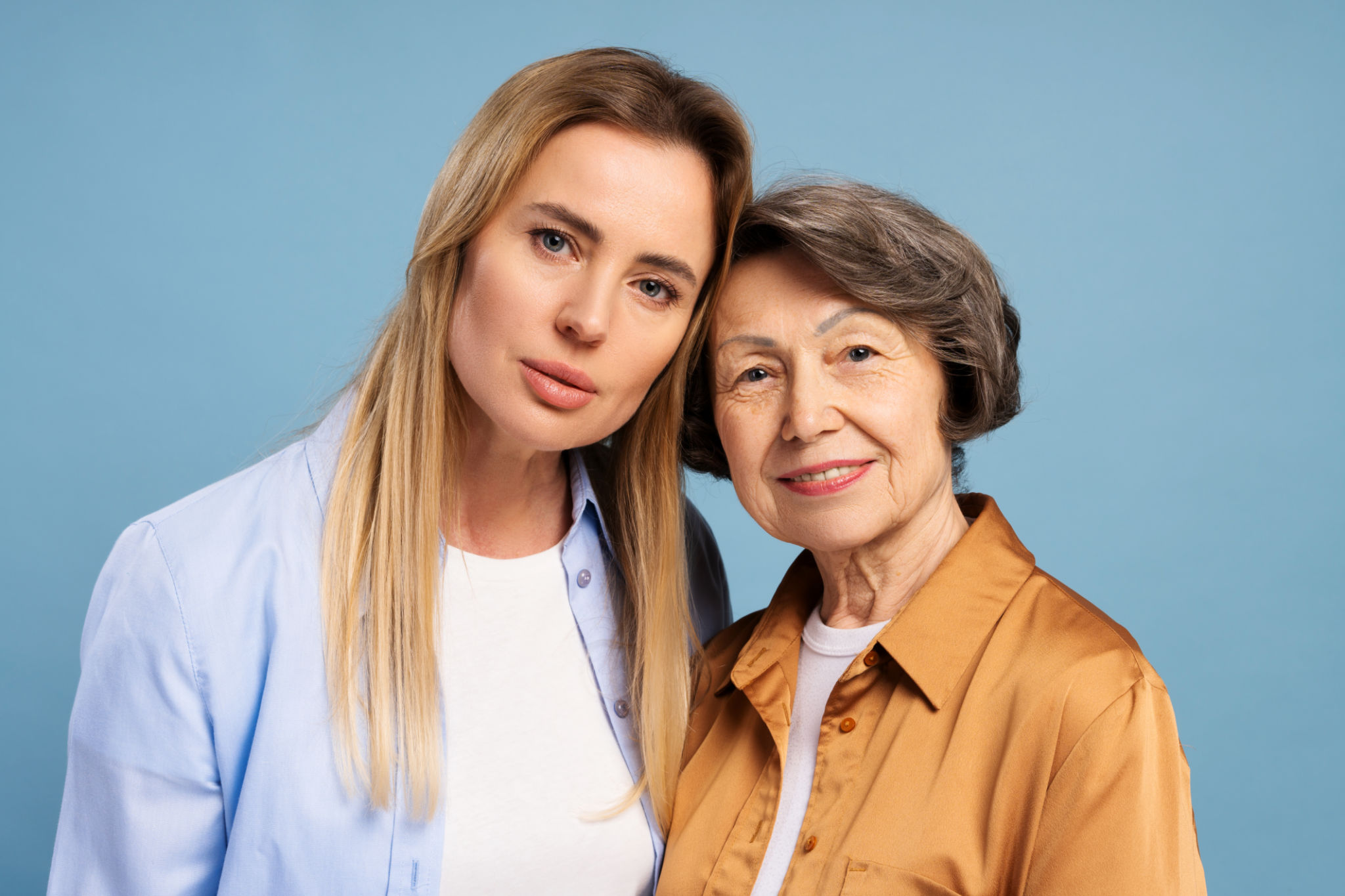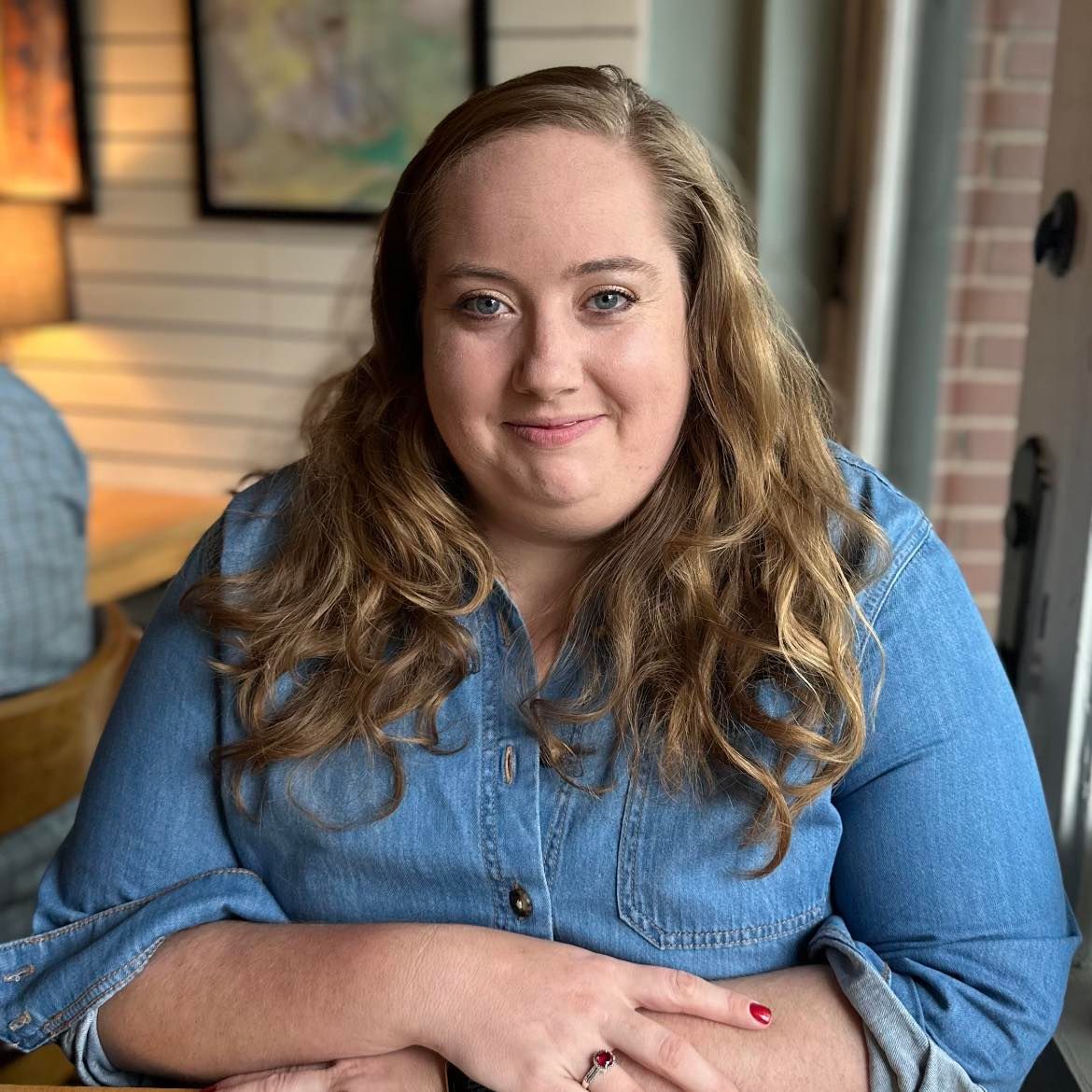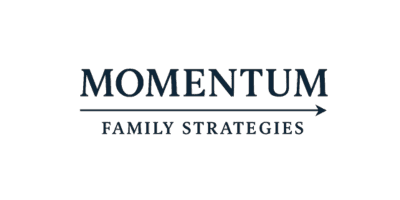Talking to Your Parents About Your Siblings Future
SH
It’s one of the hardest conversations to start—but also one of the most important.
I’m Samantha Harrison. Behind every Medicaid waiver and disability policy is a family fighting for their loved one’s future. This space is about truth, courage, and clarity—giving you tools, hope, and a steady voice when everything feels like too much.
You’ve started thinking about it.
You’ve seen your parents slow down, miss appointments, or avoid certain topics.
You know your sibling with disabilities will need care long after your parents are gone.
But how do you bring that up without causing panic, guilt, or shutdown?
Let’s talk about what to say—and how to say it—so you can open the door to future planning without blowing it off the hinges.

Why This Conversation Feels So Hard
Here’s what many siblings are up against:
🧓 Your parents feel shame or fear
They’ve done everything for decades. Admitting they won’t always be here is painful.
🧱 You’re afraid of saying the wrong thing
You don’t want to sound like you’re rushing them out—or criticizing how they’ve handled things.
🧩 You don’t have all the answers
And that’s okay. You don’t need to bring a binder—you just need to open the door.

✅ How to Start the Conversation (Without the Drama)
Here’s a framework to use, especially if your family avoids tough topics:
1. 🧭 Start from love, not logistics
“I know how much you’ve done. I’ve been watching, and I want to be sure we’re all ready for what comes next—together.”
2. 📘 Use stories or examples to ease into it
“I was reading a post about a family that didn’t have a plan and it caused so much stress. It made me think about us…”
3. 🧍♀️ Acknowledge their fears directly
“I’m not trying to take over. I just want to make sure no one is scrambling if something changes.”
4. 🧾 Offer to help, not just ask for info
“I can sit down and help get the documents in one place, or make a checklist. You don’t have to do it all alone.”

What to Ask (and What to Look For)
You don’t need a full plan in one conversation. But here are a few gentle questions to start with:
“Have you thought about what support [sibling’s name] might need if something happened to you?”
“Is there a written care plan or anything I should know in case of an emergency?”
“Would you feel okay walking me through your system or binder sometime?”
“Do you have a list of your main contacts—like case manager, therapist, doctor?”
Even asking one of these opens the door.

Meet Samantha
Samantha Harrison is a disability consultant with over 13 years of experience helping Kentucky families navigate Medicaid waivers, hire caregivers through Participant-Directed Services (PDS), and build care steams that actually work.
She’s on a mission to help families who are being left to manage complex systems alone—facing long waitlists, confusing rules, and impossible decisions without enough support. And with new Medicaid cuts looming, the stakes have never been higher.
Samantha offers hands-on, personalized support to help families get clear answers, take action, and create sustainable solutions—without getting lost in the red tape. If you’re ready for real help, you’re in the right place.

Need Help Navigating the Transition?

If you’re the sibling who’s stepping into more of a leadership role, you don’t have to do it in secret or silence.
I work with adult siblings to:
✅Have productive conversations with aging parents
✅Understand the Medicaid system and waiver options
✅Create transition plans with clear roles
✅Get the information they’ll need before it’s urgent
There are a few free private sessions open this month for sibling caregivers.
👉 Click here to book your free session
Your family will be grateful you brought this up—especially when the time comes.
